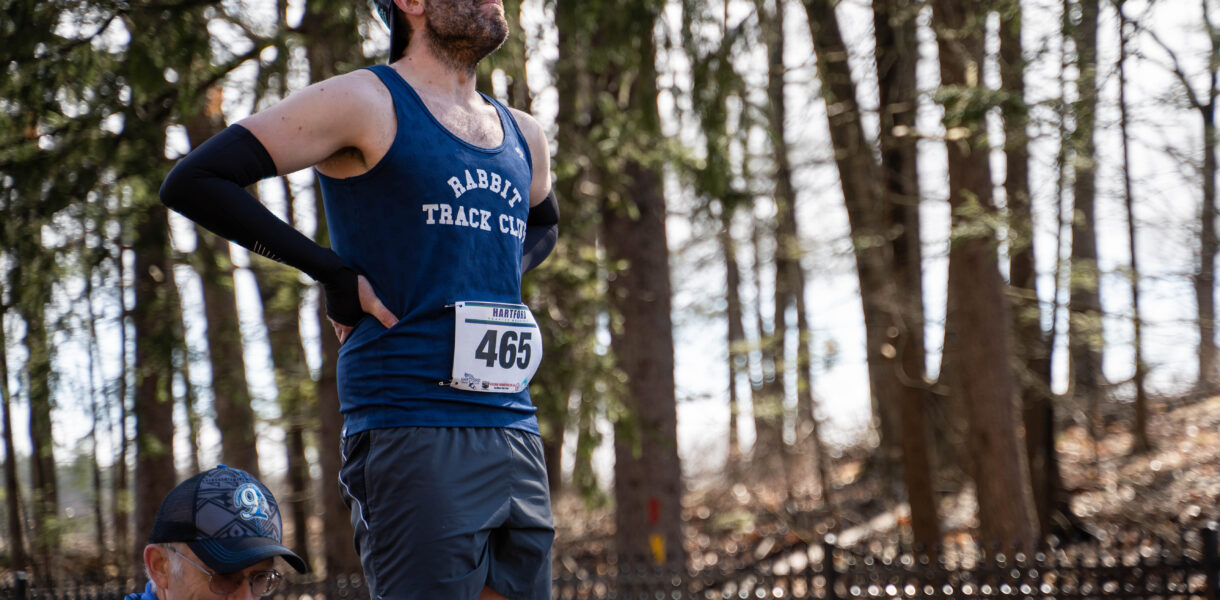As businesses of all sizes struggle with re-opening after a long COVID-19 winter the question of whether races, camps, clinics, and other endurance sport events can require participants to be vaccinated has been a hot topic. When IRONMAN included a requirement of proof of COVID-19 vaccination for athletes and volunteers as part of its IRONMAN Lake Placid safety plan, the triathlon world went a little crazy.
Lots of athletes had the same question — Isn’t this discrimination and illegal? In short, the answer is NO, but for coaches and race directors holding races, camps, and clinics this summer there things to consider before requiring vaccinations (or other COVID-19 related protocols such as testing). Here’s a short primer on what to think about when it comes to vaccines and organized training and racing.
Anti-Discrimination Laws Generally
Let’s start at the beginning — there are federal and state laws that prohibit businesses from discriminating against certain individuals. These laws (such as Title VII on the federal level) require two things:
- that the business is a public accommodation; and
- that the person alleging discrimination is a member of a protected class.
Public Accommodations
What’s a public accommodation? Public accommodations are facilities, whether publicly or privately owned, that are used by the public at large. Examples include retail stores, restaurants and hotels, as well as educational institutions, recreational facilities, and service centers (think gas stations).
Is a race on its own a public accommodation? Probably not. But the question gets more complicated when you start talking about a camp or clinic that provides things that are generally considered to be public accommodations such as food or lodging. If you are running a camp that provides athletes with a place to stay and meals, your camp is arguably a public accommodation.
Protected Classes
In addition to being a public accommodation, the action or prohibition must impact a protected class. Protected classes are based on things like gender, disability, ethnicity, national origin, sexual expression, and religion to name a few. A rule prohibiting people from South Asia from entering a restaurant is discriminatory. It targets a specific group of people based on their national origin.
People who are not vaccinated against COVID-19 are not members of a protected class, with two exceptions — (1) people who are not vaccinated due to a diagnosed medical condition; and (2) people who are not vaccinated due to a sincerely held religious belief.
Long story short — under FEDERAL LAW races can likely require all participants to be vaccinated without worrying about exceptions. Camps, clinics, and other events that could be considered public accommodations can require participants to be vaccinated so long as they allow exceptions for people with disabilities or who have sincerely held religious beliefs.
I will note here that there are regulations in some states (Florida, I’m looking at you) that govern asking about vaccine status, which further complicate the matter as they create a potential conflict between state and federal law that may need to be resolved by the courts. If you are considering requiring participants in a race, camp or clinic to be vaccinated, the absolute best thing to do is to consult with an attorney in your state to make sure you are in compliance with state specific laws.
So, What’s the Best Practice?
You want to keep coaches and participants safe, but you’re confused about what exactly you can require. What should you do?
This is a tough area. The federal government, state governments, and local governments all have different rules. CDC guidance is constantly changing. On top of that there’s conflict between people who are still practicing an abundance of caution, people who just want life to return to normal, and people who are combatively against any precautionary measures. There is no way to make everyone feel happy and safe.
My suggestion at this point in time is, absent a requirement from a state or local government, do not require vaccination (although I think it is always a good thing to encourage vaccination). What I would suggest is getting participants to agree to follow state and local laws and regulations, as well as, current CDC guidance via a waiver or registration check box. Yes, this may mean different requirements for different participants, but it’s also probably protect both the participants and the company putting on the event.




